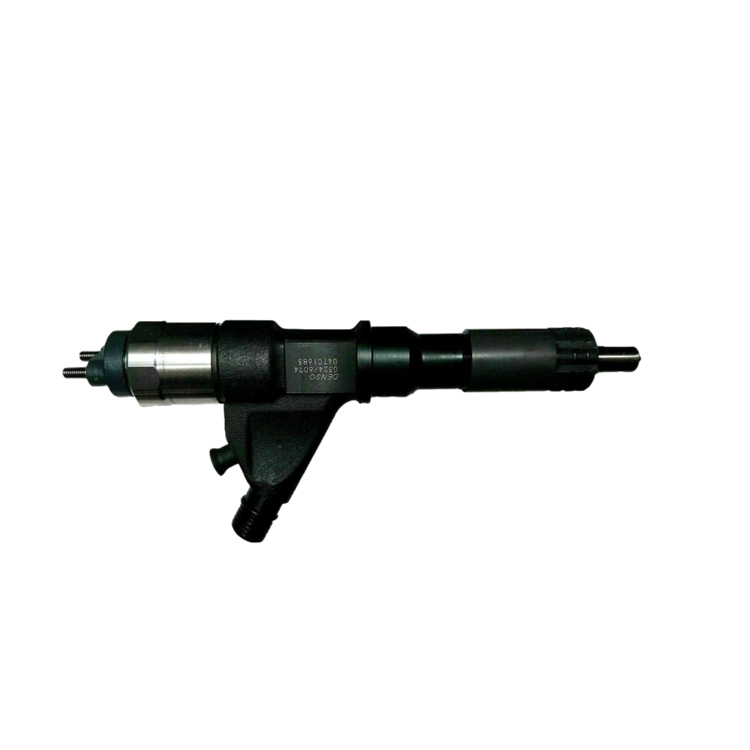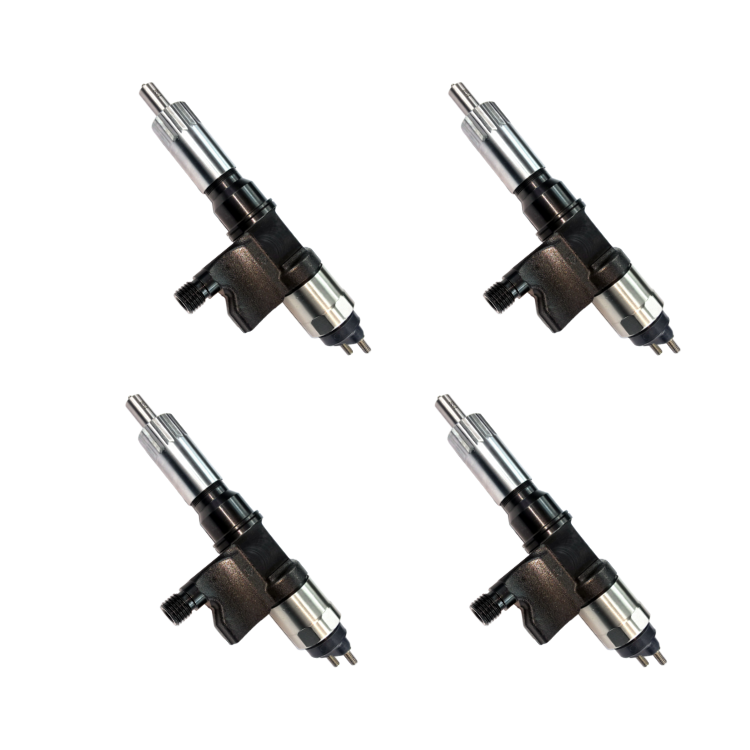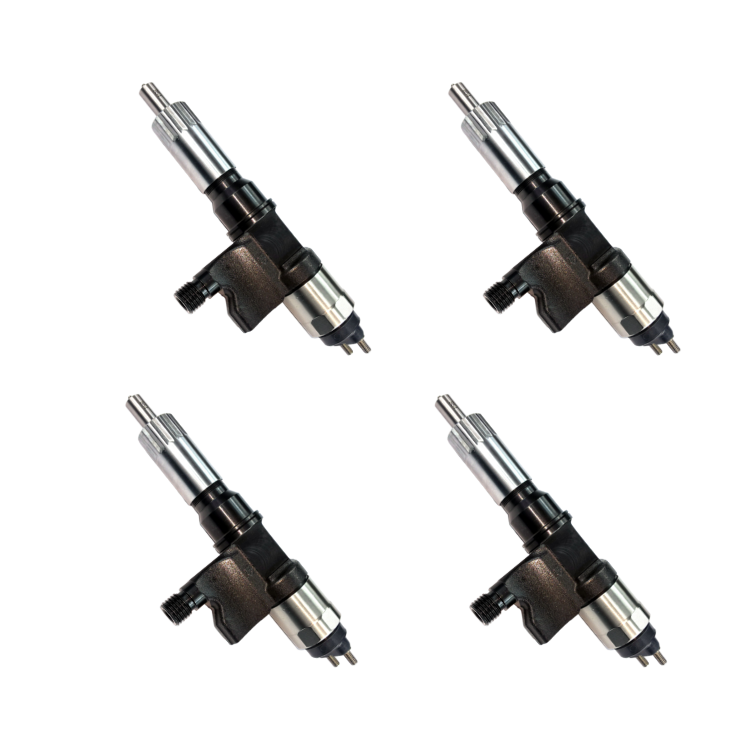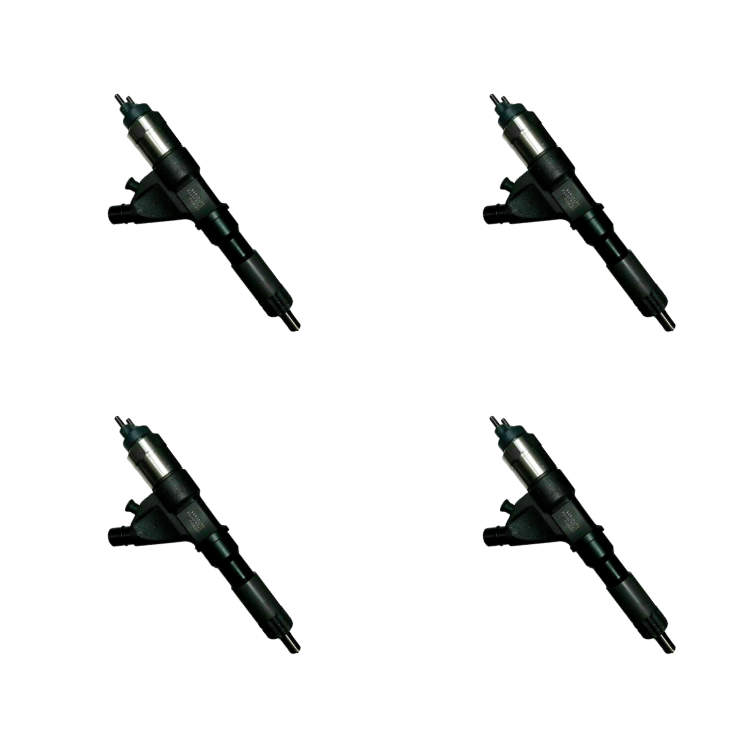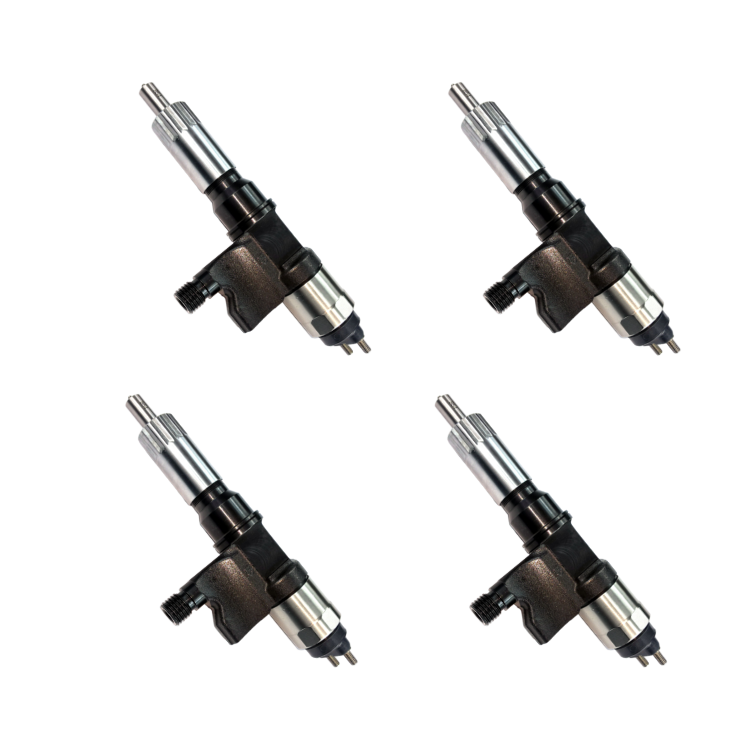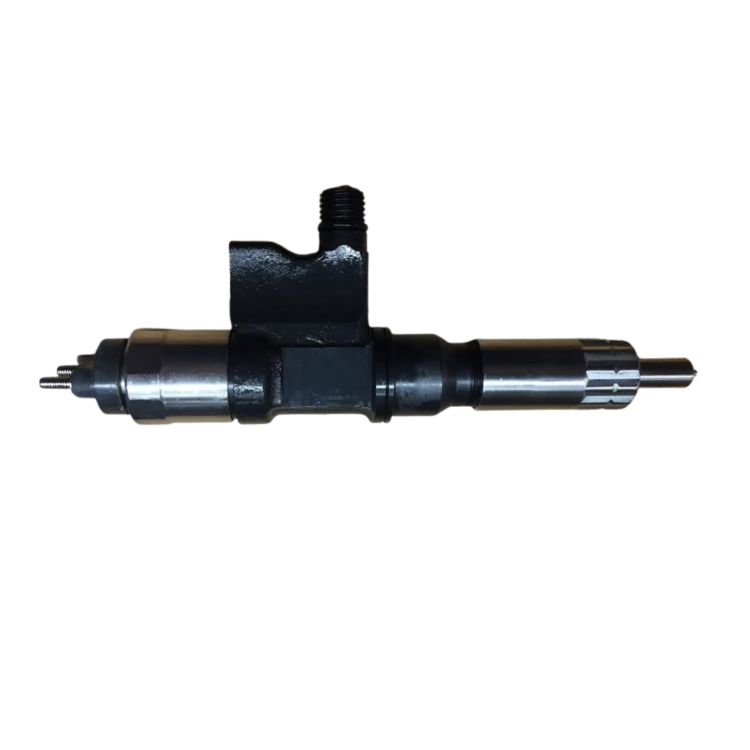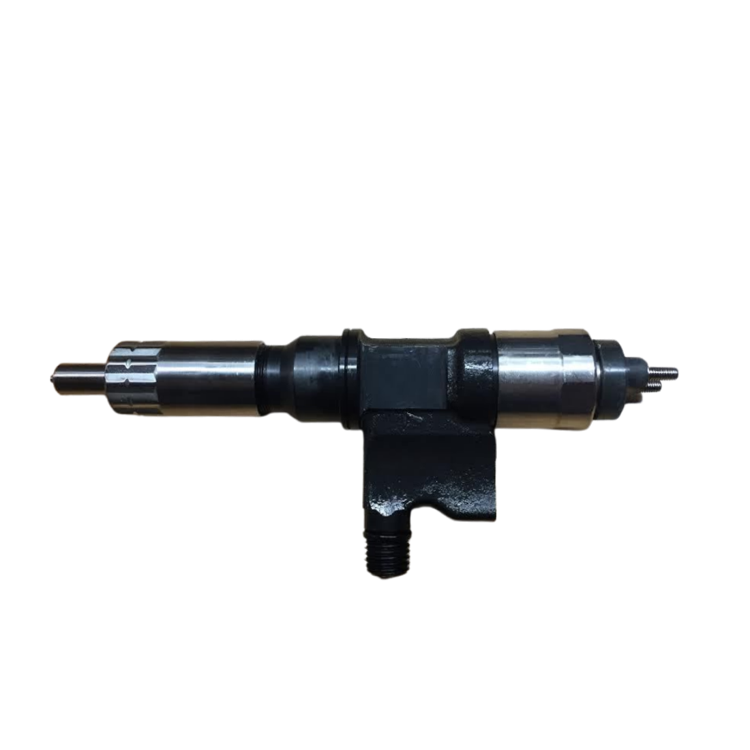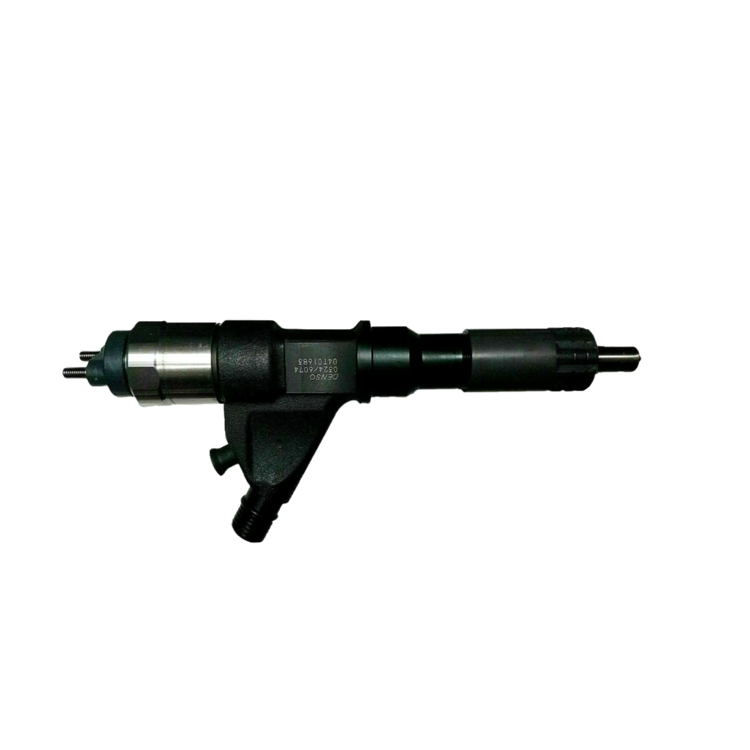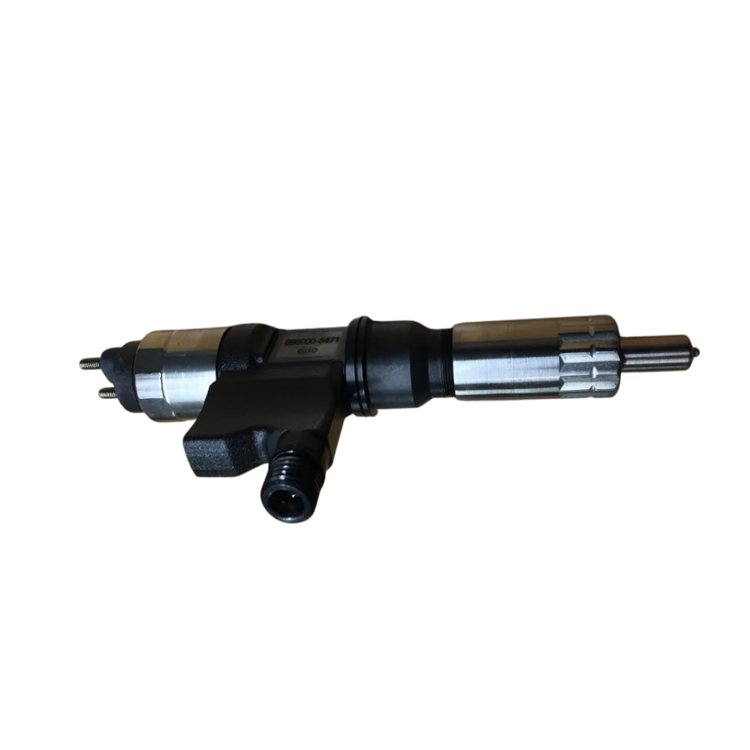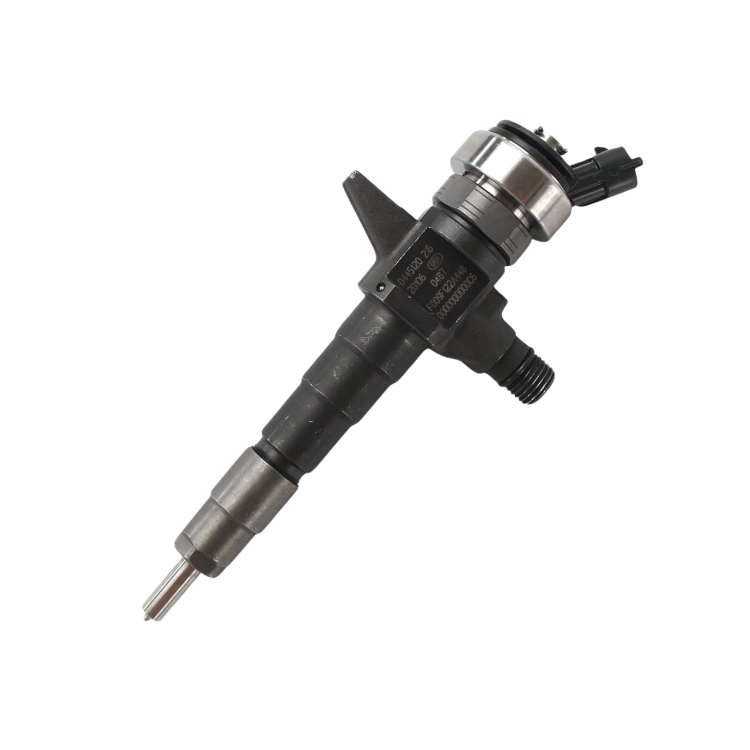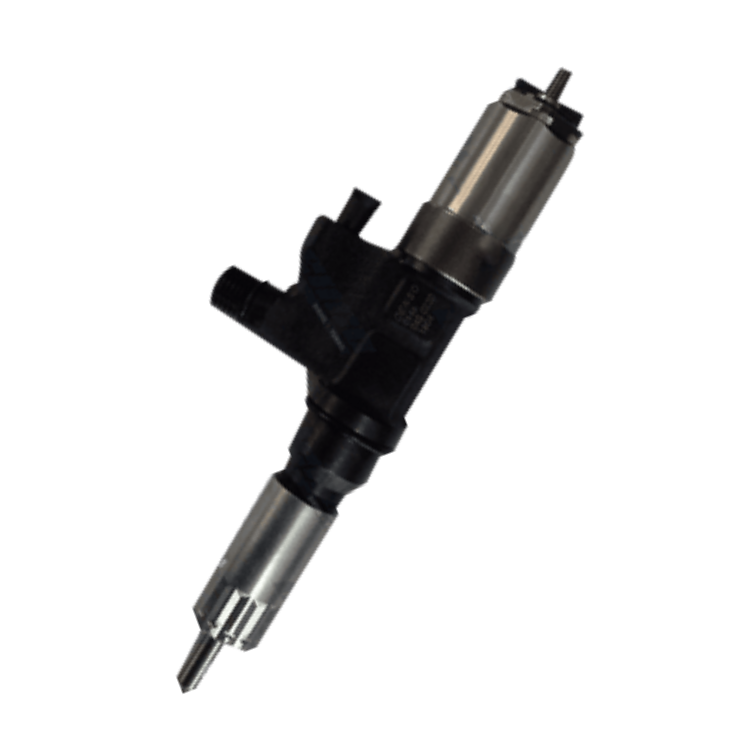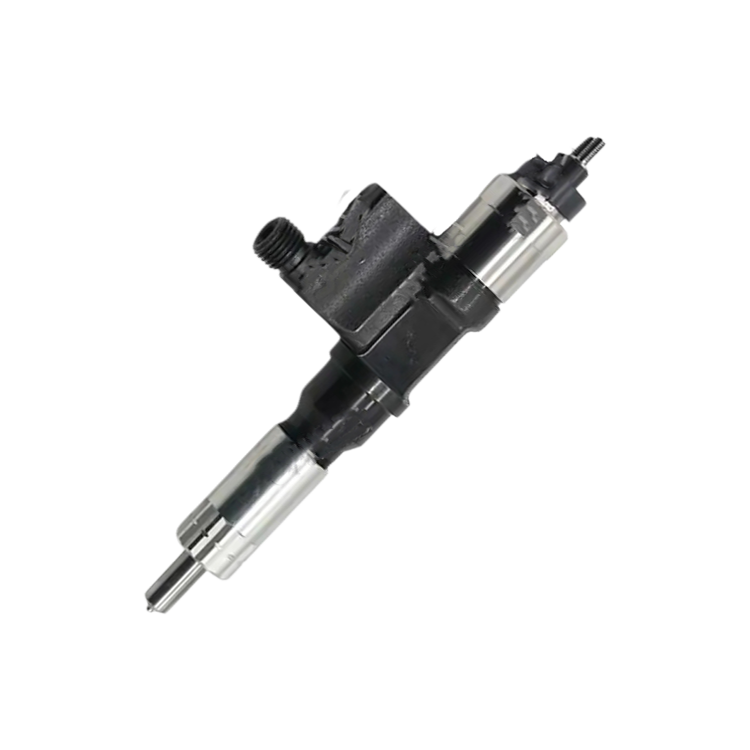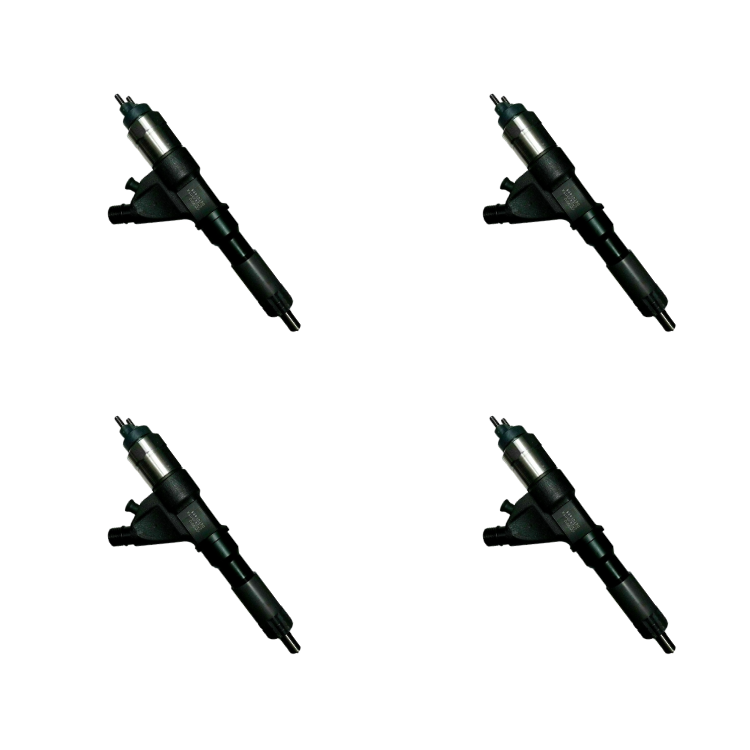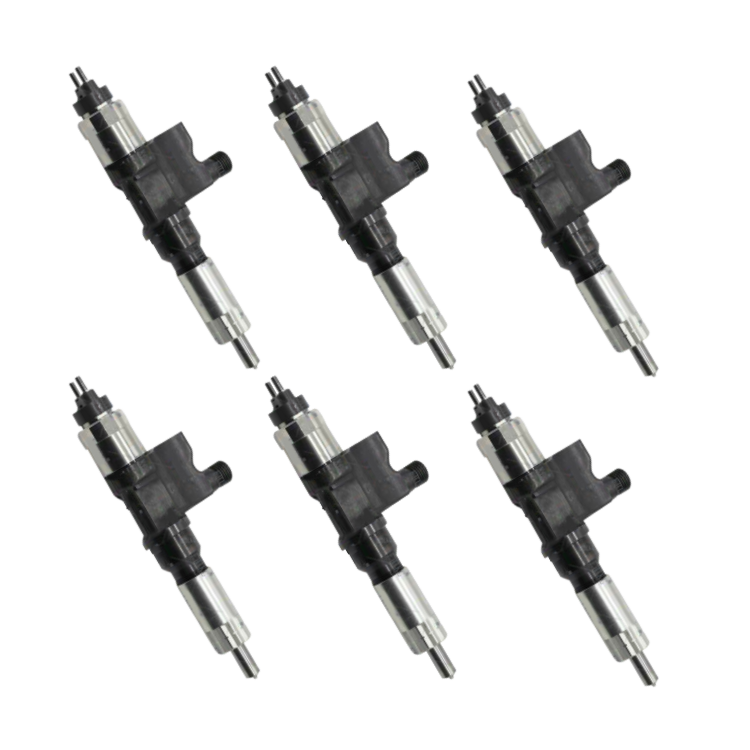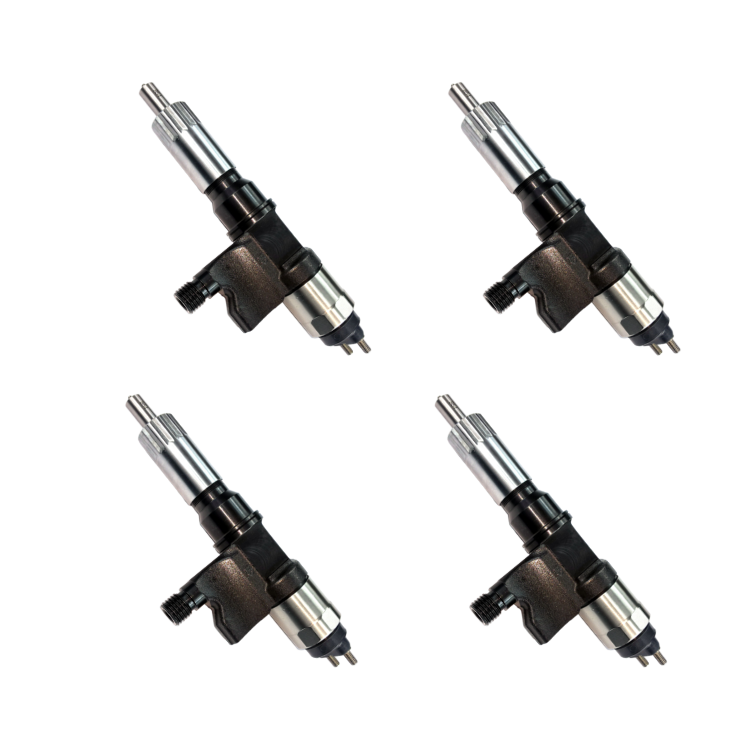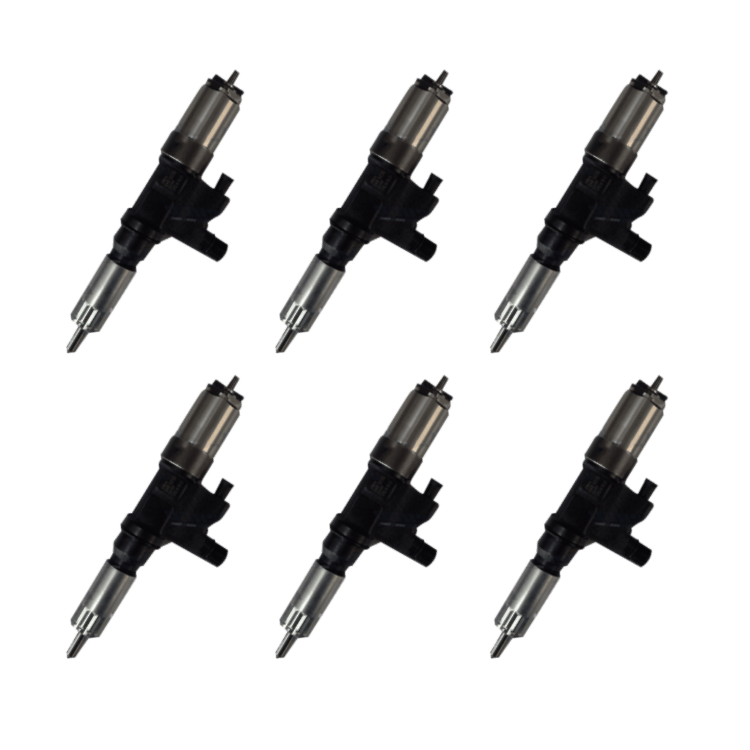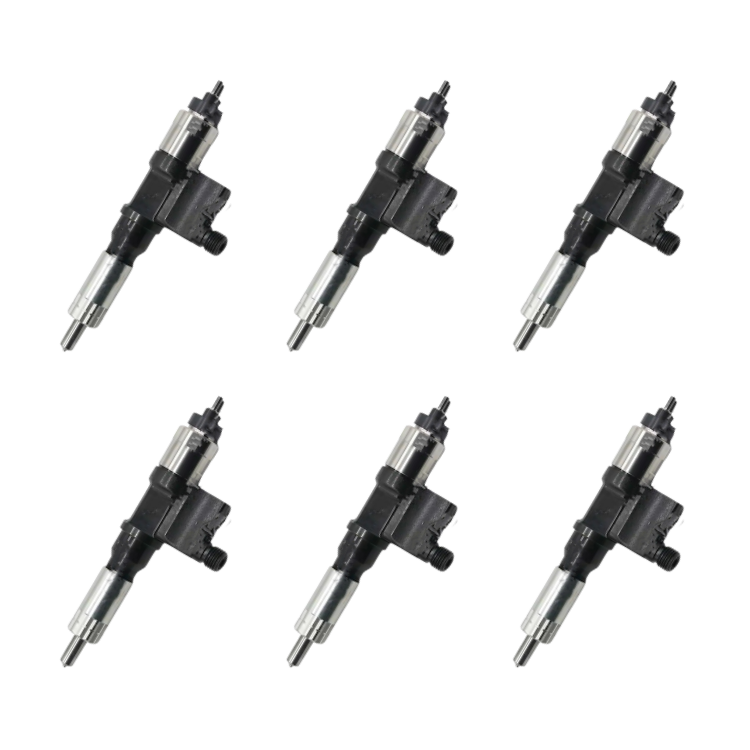Fuel injectors are essential components in your vehicle's engine, responsible for delivering the right amount of fuel to ensure proper combustion and engine efficiency. While fuel injectors are built to be durable, they do have a limited lifespan, which can vary based on factors like driving habits, maintenance, and fuel quality. Understanding the typical lifespan of a fuel injector can help you plan for maintenance and avoid performance issues.
-
Average Lifespan of Fuel Injectors
-
Generally, fuel injectors are designed to last between 50,000 to 100,000 miles, but they can last longer with proper care. Regular maintenance plays a significant role in prolonging their lifespan.
-
-
Fuel Quality Impact
-
The type of fuel you use can greatly affect how long your injectors last. Low-quality or contaminated fuel can cause buildup, clogging, and premature wear, while clean, high-quality fuel helps extend their life.
-
-
Driving Conditions
-
Harsh driving conditions, such as frequent short trips, stop-and-go traffic, and heavy loads, can shorten the lifespan of fuel injectors by placing additional stress on the engine and fuel system.
-
-
Maintenance and Care
-
Regular maintenance, including using fuel system cleaners and replacing fuel filters, can help prevent injector clogs and keep them running smoothly for a longer period. Ignoring maintenance can lead to early injector failure.
-
-
Signs of Wear
-
As fuel injectors age, you may notice symptoms like poor fuel efficiency, engine misfires, rough idling, or hard starting. These are indicators that the injectors may need cleaning or replacement.
-
The lifespan of a fuel injector typically ranges from 50,000 to 100,000 miles, but factors like fuel quality, driving conditions, and regular maintenance can influence how long they last. Proper care and attention to fuel system maintenance can help extend the life of your fuel injectors and keep your engine running efficiently. If you notice signs of injector wear, it’s essential to have them inspected and replaced if necessary to maintain peak performance and fuel economy.








